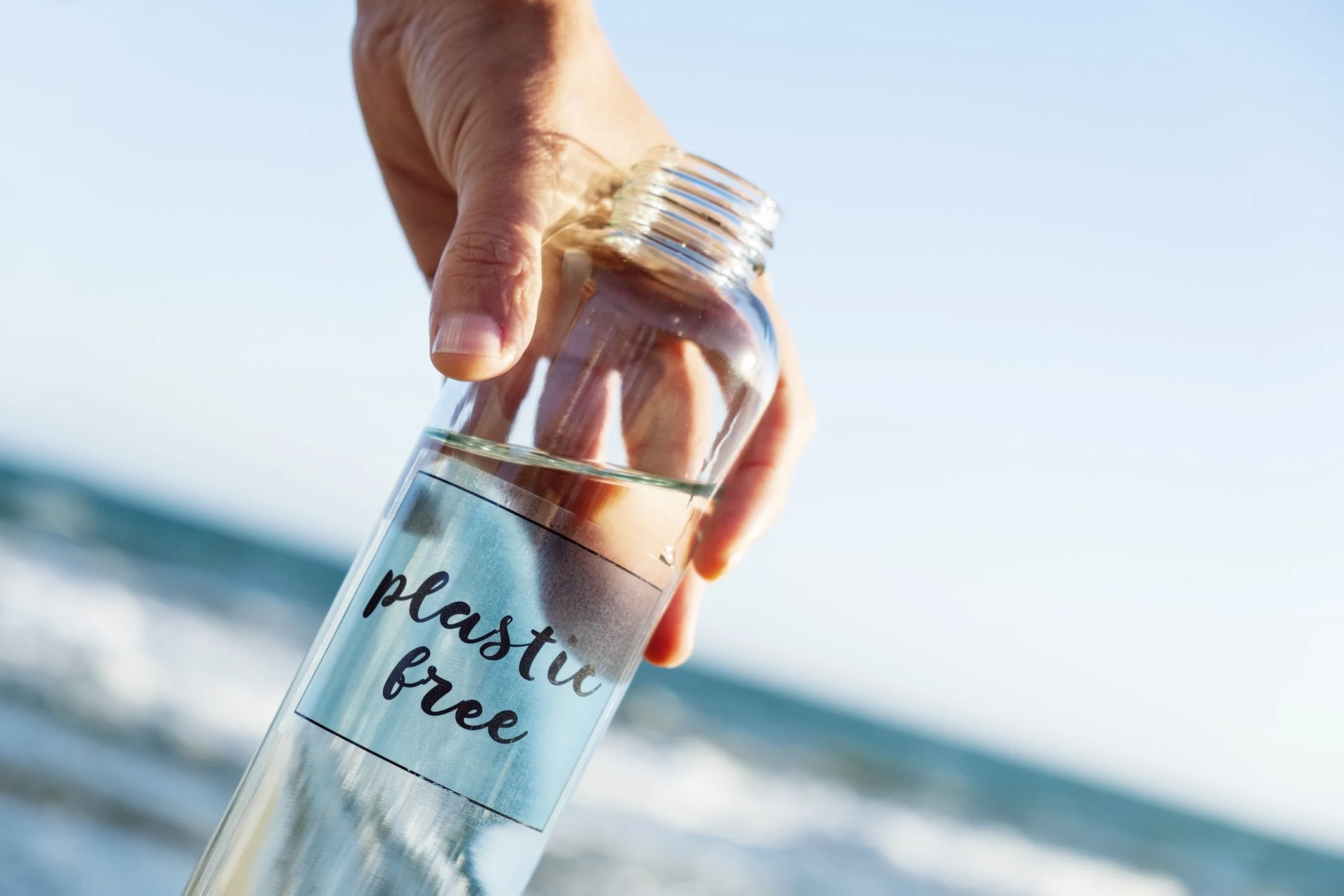Reducing Plastic Waste: Joining the Movement with Plastic Free July
/Humans create 400 million tons of plastic waste every year. It has been found in nearly everywhere on Earth.
There’s no denying that plastic plays a major role in our everyday lives. But surprisingly, it has only been around for a little more than a century as the first fully synthetic plastic was created in 1907 by Leo Baekeland. While it may be a convenient resource, it has serious consequences for the environment, animals and even humans.
Plastic Free July was founded in 2011 by Rebecca Prince-Ruiz to help reduce the amount of plastic waste we consume. The month is dedicated to encouraging people to discover alternatives to single-use plastics and to reexamine the major role plastic takes in their everyday lives.
It is so necessary for us to reduce our plastic waste because it accounts for 35% of waste. About 86% of plastic waste ends up in landfills, even if it’s deemed recyclable. Aquatic ecosystems are the most at-risk with over 1 million marine animal casualties each year due to plastic. Single-use plastic water bottles, straws and bags are among the most common waste found in the ocean.
Microplastics, which can be found in clothing fibers, plastic packaging and cosmetic exfoliating agents, are small pieces of plastic invisible to the naked eye that can get into the lungs, bloodstream and even cells. Scientists fear that microplastics are possible links to cancer, heart disease and chronic illnesses.
Even smaller than microplastics are nanoplastics, formed when the suns UV Rays break down microplastics. Nanoplastics are so miniscule that they are can be found in things we eat, drink and even the air we breathe, making them dangerous to human health.
With all the risks associated with plastics, it’s becoming more crucial to steer clear of them. While the task may seem daunting, the hard work is paying off. In 2021, only 10 years after Plastic Free July was founded, participants reduced 2.1 million tons of plastic waste.
Going completely plastic free can be intimidating for some, but by making a few small changes in your daily life, you can make a significant impact.
Some small changes you could make are as follows:
Use a reusable water bottle: plastic water bottles are among the most common plastic waste.
Switch to reusable bags: instead of using multiple plastic bags from the grocery store every time you go shopping, bring reusable bags from home.
Buy in bulk: Instead of buying items individually wrapped in plastic, buy in bulk to cut down on wasteful packaging.
Buy soap bars: instead of buying plastic bottles of soap, buy a soap bar to reduce plastic packaging.
Make a to-go bag: some people take a reusable water bottle, coffee cup, silverware and reusable container with them when they go out to reduce single use items from places such as fast food establishments and restaurants.
While you may not be able to change all of these habits, even changing one can make a difference. Take the challenge and join in on Plastic Free July!


